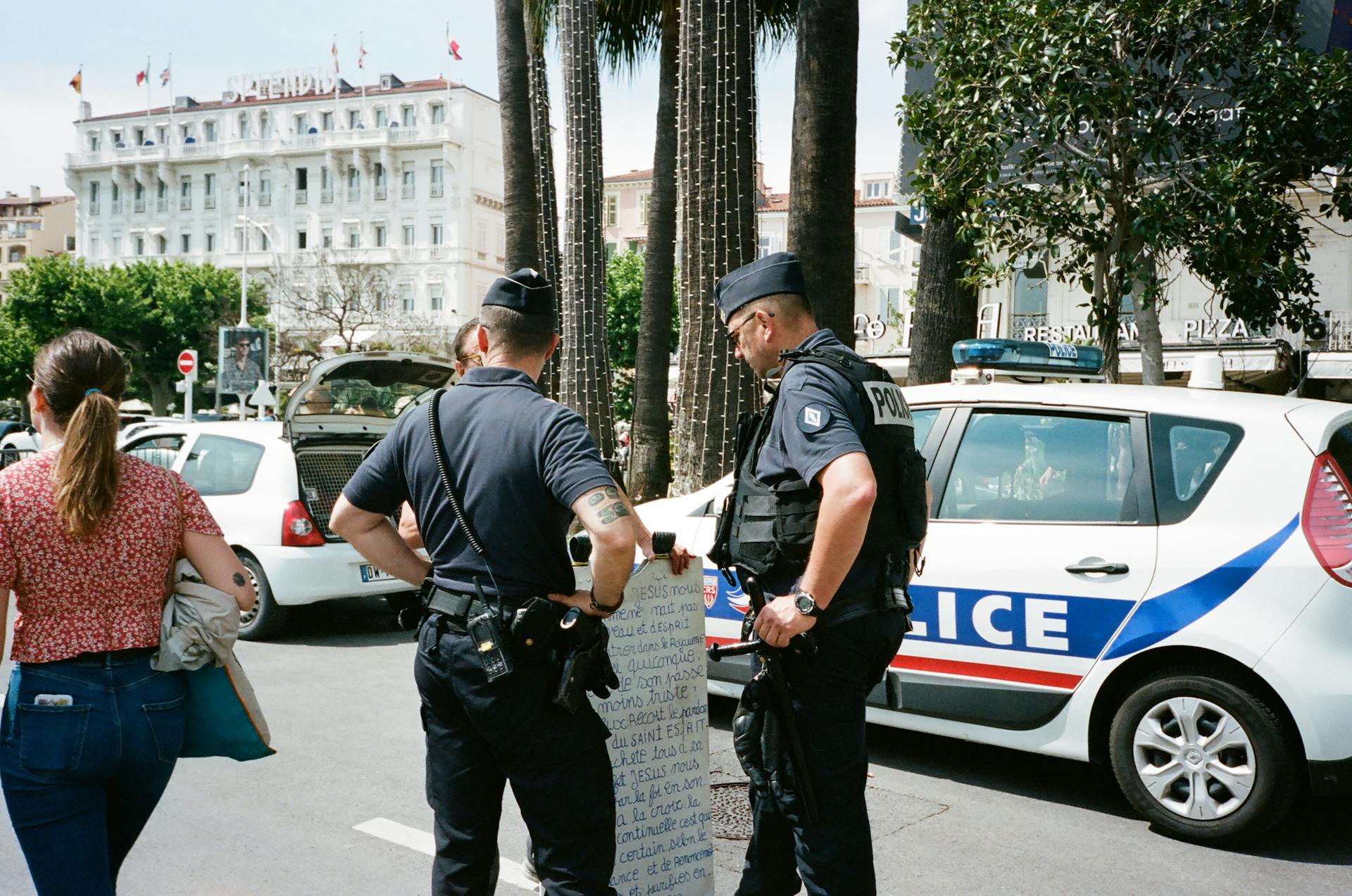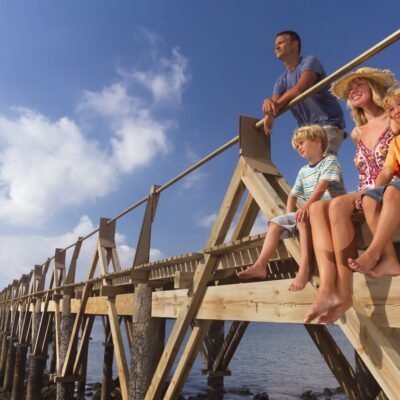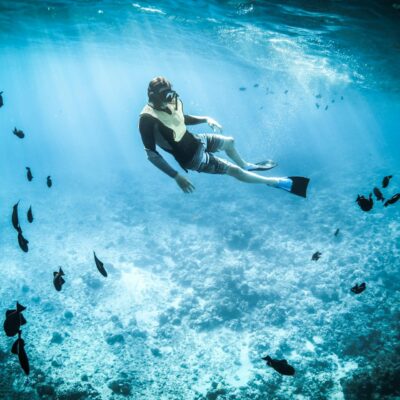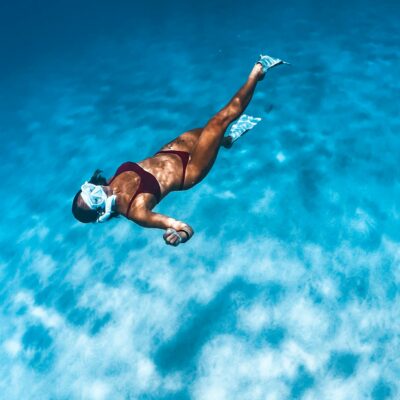Tenerife is one of Europe’s safest and most welcoming island destinations, known for its mild climate, vibrant coastal towns, mountain landscapes, modern infrastructure and excellent healthcare. Every year, millions of visitors enjoy completely trouble-free holidays. Even so, being prepared and informed helps ensure you make the most of your trip while avoiding the small risks that exist in any popular tourist destination. This comprehensive safety guide brings together the most important tips for crime prevention, ocean safety, health protection, driving, weather awareness and general travel common sense.
Disclaimer: This guide is provided for general informational purposes only. While we aim to offer accurate and helpful advice, travel conditions and safety recommendations can change. We take no responsibility for actions taken based on this content. Always follow official local guidance and use your own judgment while travelling.
Is Tenerife Safe for Tourists?
Yes. Tenerife is widely regarded as one of the safest destinations in the Canary Islands and Spain as a whole. Violent crime is extremely rare, local authorities maintain strong public security, and tourist resorts are well-managed and well-lit. Most visitors feel safe walking during the day and even at night in the main resort areas. Families, solo travellers and older visitors consistently rate the island highly for its comfort, hospitality and security.
The most common issues tourists encounter are minor and avoidable: pickpocketing, petty scams, beach safety mistakes, excessive sun exposure, injuries related to alcohol, and occasional misunderstandings while driving. By understanding how Tenerife works and applying a bit of caution, you can significantly reduce these risks.
General Safety Principles
Whether you are staying in a busy resort like Playa de las Américas or a quiet coastal village, these simple principles enhance your safety:
- Stay aware of your surroundings in crowded areas.
- Walk confidently and avoid dark, isolated streets at night.
- Use accommodation safes for passports, electronics and cash.
- Carry only what you need when going out.
- Keep your phone charged in case you need assistance.
- Save the emergency number 112 before you travel.
These habits are not unique to Tenerife—they’re standard precautions for any international trip—but they help ensure a smooth holiday experience.
Understanding Crime in Tenerife
Tenerife’s crime profile is dominated by low-level opportunistic theft. Serious crime targeting tourists is extremely rare. Public spaces are monitored, nightlife districts have high police presence and tourist areas are frequently patrolled.
Where Minor Crime Is More Common
Pickpocketing and scams tend to occur in:
- busy promenades and shopping streets
- beachfronts with heavy foot traffic
- popular nightlife areas late at night
- crowded buses or transportation hubs
These areas are safe to visit but require awareness—especially if you carry valuable items.
Pickpocketing Prevention
Pickpockets tend to target distracted tourists. The most common techniques involve distraction, bumping, or creating unnecessary interaction.
How to Reduce Your Risk
- Use zipped bags worn close to your body.
- Never keep wallets or phones in back pockets.
- Keep bags on your lap or between your feet in restaurants.
- Avoid placing handbags or backpacks on the back of chairs.
- Be cautious if someone approaches you too closely.
- At ATMs, shield the keypad and avoid assistance from strangers.
If you lose something, contact local police and your accommodation. In most cases, loss prevention is far easier than recovery.
Common Scams to Be Aware Of
While Tenerife is far from dangerous, some tactics appear regularly in tourist zones. Knowing them in advance helps you avoid unnecessary frustration.
Street Sellers
You may encounter sellers offering sunglasses, souvenirs, toys or similar items on promenades or restaurant terraces. They can be persistent, but a polite and firm “no thank you” is usually effective. Avoid buying imitation goods, and avoid allowing items to be placed on your table if you do not wish to purchase them.
Charity Collectors
Some individuals may claim to collect donations for charities. Unless the charity is clearly registered and legitimate, it is safer to decline politely. Support verified organizations through official channels if you wish to give.
High-Pressure Gadget Shops
A few tourist-zone electronics shops may use long sales pitches or attempt to upsell expensive accessories. Warning signs include:
- lack of price labels
- sales staff outside the door trying to lure you in
- claims of one-day-only deals
- pressure to buy upgraded or bundled items
If you feel uncomfortable, simply leave the shop.
“Lucky Scratch Card” Promotions
In resort areas, some promoters offer scratch cards that always “win” a prize. Redeeming the prize often requires sitting through a long sales presentation related to holiday clubs or memberships. If you are not interested in such products, decline the offer immediately and continue your holiday.
Taxi Safety and Transport Awareness
Official taxis in Tenerife are reliable, regulated and metered. Local public buses (known as “guaguas”) are safe and widely used. However, night-time travel in unfamiliar areas always warrants extra awareness.
Tips for Using Taxis Safely
- Use official taxis from designated ranks or book through your accommodation.
- Check the meter is activated.
- Request a receipt for record-keeping if necessary.
- Keep personal belongings close during the ride.
Public Buses
Buses are safe, well-maintained and frequently used by locals and travellers alike. As on any public transport system worldwide, petty theft is more common in busy routes, so keep your bag zipped and in your sight.
Nightlife Safety
Tenerife’s nightlife is lively and energetic, especially in Playa de las Américas and parts of Costa Adeje. Most visitors enjoy nights out without any problems. Nevertheless, alcohol can lower awareness, and crowded environments can attract opportunistic individuals.
Night-Out Safety Tips
- Stay with your group and avoid becoming isolated.
- Keep drinks visible and do not accept them from strangers.
- Know your limits—local drinks are often stronger than expected.
- Use official taxis when returning to your accommodation.
- Store valuables securely before going out.
Most incidents reported in nightlife districts involve intoxicated tourists rather than local residents. Maintaining awareness greatly reduces any risk.
Beach and Ocean Safety
The Atlantic Ocean around Tenerife is stunning but powerful. Tides, currents and waves can vary throughout the day. Beaches display a flag system to indicate conditions:
- Green: Safe for swimming
- Yellow: Swim with caution
- Red: Do not swim
How to Stay Safe in the Water
- Obey the flag system — conditions change quickly.
- Avoid swimming at unmonitored rocky coves.
- Supervise children even in shallow water.
- Do not dive into unclear or unknown depths.
- Beware of strong currents, especially in northern beaches.
- Give space to large waves — “unexpected” waves can sweep people off rocks.
Beaches occasionally experience jellyfish. Warning signs or flags are typically displayed when this happens.
Sun Exposure and Heat Safety
Tenerife enjoys mild temperatures year-round, but UV radiation is strong even in winter. Sunburn and heat exhaustion are among the island’s most common holiday issues.
Protect Yourself from the Sun
- Apply high-SPF suncream regularly.
- Wear hats, sunglasses and lightweight clothing.
- Avoid long exposure between noon and 4pm.
- Drink plenty of water throughout the day.
Some visitors underestimate the strength of the sun because of the island’s pleasant breeze. Always reapply sunscreen after swimming.
Hiking and Mountain Safety
Tenerife’s landscapes include volcanic trails, laurel forests, pine woodlands and high-altitude viewpoints. Hiking is safe but requires preparation, especially on long routes or areas near Mount Teide.
Key Outdoor Safety Guidelines
- Wear proper hiking shoes with good grip.
- Carry water, snacks and appropriate clothing layers.
- Download offline maps if heading into remote areas.
- Check trail conditions and closures before departure.
- Be aware of altitude changes, especially near Teide.
At high altitudes, temperatures can drop significantly. Mist, sudden winds or dramatic weather shifts occur frequently, so prepare accordingly.
Wildfire and Weather Awareness
Tenerife occasionally faces wildfire risk in summer and heavy rain events in autumn. The island’s alert systems are effective, and trails or parks may close during high-risk periods for safety. Always respect these closures.
Weather Tips
- Follow local weather alerts before mountain excursions.
- Avoid forest areas during extreme heat or wind warnings.
- Stay clear of coastal edges during high-swell alerts.
In rare cases, flash floods can occur during heavy rain. Stick to main roads and avoid ravines or steep water channels during such events.
Driving in Tenerife
Driving offers freedom and comfort, especially if you explore beyond the main resorts. Roads are generally excellent, but mountain routes can be narrow and winding.
Driving Safety Advice
- Drive slowly on tight bends and mountain roads.
- Avoid distractions and take breaks as needed.
- Use garages or secured parking where possible.
- Keep valuables out of sight in parked cars.
- Review your rental agreement carefully and photograph the car condition.
- Never drive after drinking alcohol.
Most driving incidents involve either excessive speed on curves or misjudging narrow roads. With proper caution, driving is safe and enjoyable.
Vehicle Approaches and Roadside Tips
Very rarely, individuals may attempt to flag down tourists by pretending there is a problem with their vehicle. If this occurs:
- Stop only in public, busy areas such as service stations.
- Be cautious of unsolicited “help”.
- Remember genuine police officers will be in uniform and will not ask for your wallet.
These incidents are uncommon but worth being aware of.
ID, Document Safety and Legal Norms
Spanish law allows authorities to request identification. Keep your passport safely stored at your accommodation and carry a digital copy or secondary ID while out.
If your passport is lost or stolen, you must apply for a replacement document. A police report alone is not sufficient to travel home.
LGBT+ Traveller Safety
Tenerife is inclusive and respectful toward LGBT+ travellers. Same-sex couples generally feel safe everywhere on the island, including beaches, resorts and nightlife areas. Pride events and LGBT+ friendly venues are present throughout the island.
Areas That May Feel Overly Busy
There are no dangerous “no-go zones” in Tenerife. However, some areas are extremely busy or party-oriented. These places are perfectly fine to visit but may not suit travellers seeking peace or authenticity.
High-Activity Tourist Zones
- Central Playa de las Américas
- Nightlife zones near Veronicas
- Certain busy streets in Los Cristianos
- Pockets of Costa Adeje around main nightlife clusters
Travellers looking for tranquillity often prefer small towns, northern villages or less commercial beaches.
Emergency Information
- 112: All emergencies (police, ambulance, fire)
- English support: widely available
Most travellers never require emergency services, but having the number saved can be useful.
Final Thoughts
Tenerife is a remarkably safe and enjoyable destination with a long-standing reputation for hospitality and comfort. By following basic safety recommendations—protecting your belongings, respecting ocean conditions, staying alert during nightlife, preparing properly for hikes and driving responsibly—you can look forward to a holiday that is relaxing, fun and completely worry-free. Millions visit every year without any issues, and with a bit of awareness, you’ll be among them.













